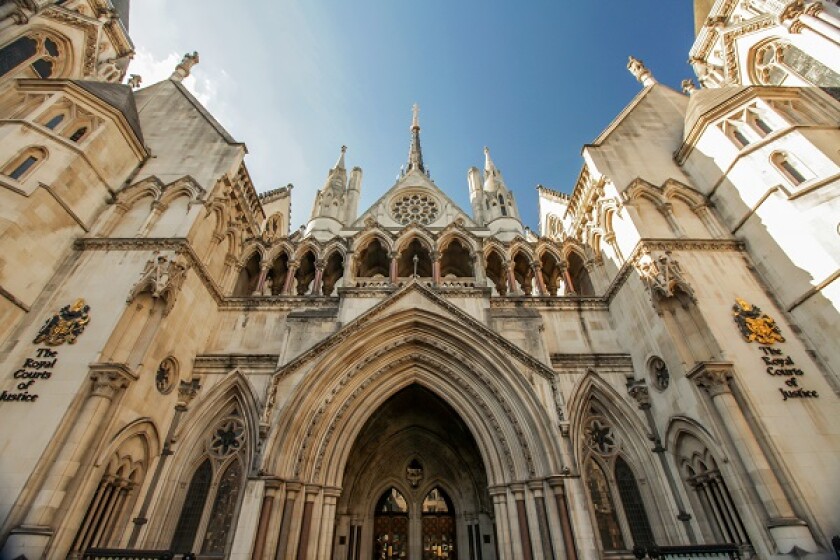Background
The application was brought by Celgard, LLC, a US company, who were represented by Bird & Bird, against a Chinese company, Shenzhen Senior Technology Material Co, Ltd and concerned the proposed importation into the UK of highly engineered "separators" for use in lithium ion batteries. Celgard asserted that Senior’s battery separators had been developed using trade secrets and confidential information misappropriated by Dr Xiaomin Zhang, an ex-Celgard employee and current Senior employee.
Celgard initially obtained a pro tem interim injunction at an ex parte hearing before Mr Justice Mann in May 2020. The injunction was then continued through to trial following an inter partes hearing before Mr Justice Trower in July (reported here).
The appeal
Senior appealed the judgment of Trower J on two grounds:
(i) Celgard had failed to fully identify the trade secrets relied upon and therefore Celgard’s particulars of claim did not establish a serious issue to be tried; and
(ii) England was not the proper forum to try the claim.
Senior’s argument on proper forum had two limbs. The first issue was whether by limiting the claim to remedies in respect of acts in the UK, Celgard could establish the requisite degree of connection to England. The second issue was whether the law applicable to Celgard’s claim was English law, rather than Chinese law.
Serious issue to be tried
On the first ground, Arnold LJ (with whom Popplewell LJ and Davis LJ agree) noted that:
“What amounts to sufficient particularisation must depend on the circumstances of the individual case, however. Furthermore a lesser degree of particularisation may be acceptable at the outset of a case than at later stages of the case. Still further, I accept that it is relevant to take into account the claimant’s ability to provide further particulars, and the extent to which the claimant has been hampered by obstructiveness, or at least non-cooperation, on the part of the defendant.”
Considering this, it was held that Celgard’s particulars of claim were sufficient to establish a serious issue to be tried at that stage of the proceedings.
Applicable law
Arnold LJ first addressed the question of applicable law and concluded that it was probably English law.
However, this section of the judgment is notable for the judge’s discussion of the effect of Article 4(5) of the Trade Secret’s Directive which states that:
“The production, offering or placing on the market of infringing goods, or the importation, export or storage of infringing goods for those purposes, shall also be considered an unlawful use of a trade secret where the person carrying out such activities knew, or ought, under the circumstances, to have known that the trade secret was used unlawfully within the meaning of paragraph 3.”
Among other things, paragraph 3 refers to a person “having acquired the trade secret unlawfully” leaving open the question of which law should apply to the question of whether the acquisition was “unlawful.”
While not required to reach a conclusive answer on this question, Arnold LJ acknowledged that this was a very difficult question and one which may in due course have to be answered by the CJEU.
Characterisation of the dispute
Trower J characterised the dispute as “whether Senior’s efforts to compete with Celgard for the UK Customer’s business in England are tainted by the use of Celgard’s trade secrets in the product sought to be sold.”
Senior argued that this was wrong and that the dispute should have been characterised as a dispute concerning the manufacture of battery separators in China, such that China was the appropriate forum.
The Court of Appeal disagreed and held, following the decision of the Supreme Court in Unwired Planet (reported here), that the dispute was properly characterised by Trower J with the result that England was the proper forum for that dispute. This was summarised by Davis LJ as follows: “I do not think that Celgard is required to be treated, in effect, as having made direct claims of a kind which it in fact has elected not to make in the present proceedings.”
The appeal was therefore dismissed.
The full judgment can be found here.












